Category: ENERGY
-
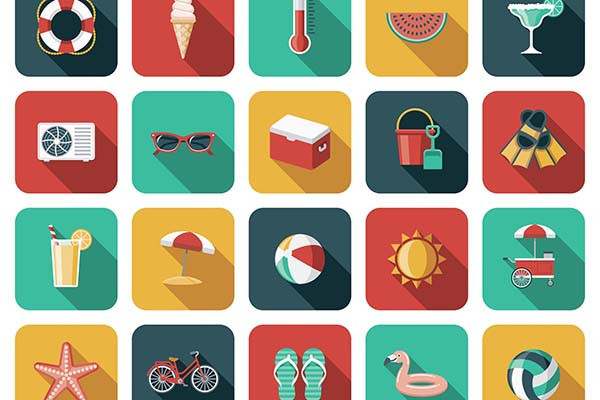
5 great tips for sustainable summer living
Sustainable living treads lightly on natural resources and follows a rethink, reuse, repurpose mantra to minimize waste. Big and small wallet-friendly tips can help you save money and befriend our planet this summer, says Dr. Wynne Armand, a primary care physician at Harvard-affiliated Massachusetts General Hospital, and associate director of the Mass General Center for…
-
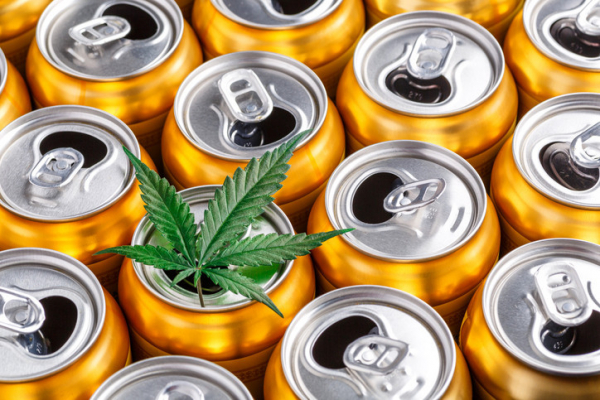
Cannabis drinks: How do they compare to alcohol?
More than half of Americans live in states where recreational cannabis is legal. While alcohol remains the most-used drug in the US, daily cannabis use has actually outpaced daily drinking, according to a study following four decades of consumption trends. Changing drinking habits and new products likely play a role. Are you rethinking drinking…
-
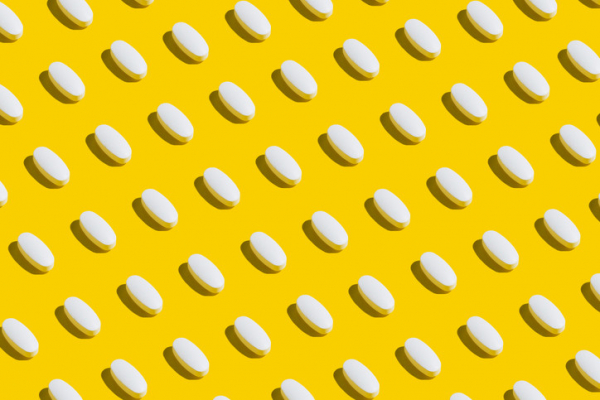
Weighing in on weight gain from antidepressants
If you’re struggling with depression, the most important question about taking an antidepressant is whether it will work. But another question on your mind may be whether it will fuel weight gain. A new study provides some context by suggesting how much weight, on average, people taking one of eight commonly used antidepressants might expect…
-

Swimming lessons save lives: What parents should know
Before going any further, here’s the main thing parents should know about swimming lessons: all children should have them. Every year, over 4,500 people die from drowning in the United States — and, in fact, drowning is the leading cause of death for children ages 1 to 4. Swimming lessons can’t prevent all of those…
-

Do tattoos cause lymphoma?
Not so long ago, a friend texted me from a coffee shop. He said, "I can't believe it. I'm the only one here without a tattoo!" That might not seem surprising: a quick glance around practically anywhere people gather shows that tattoos are widely popular. Nearly one-third of adults in the US have a tattoo,…
-

How do trees and green spaces enhance our health?
Trees enhance life in a multitude of ways. They combat climate change by reducing greenhouse gases in the atmosphere. They muffle sound pollution and reduce air pollution, drawing in carbon dioxide and releasing oxygen. When rain pours from the skies, trees decrease stormwater runoff, preventing flooding and soil erosion. They also provide valuable habitats to…
-
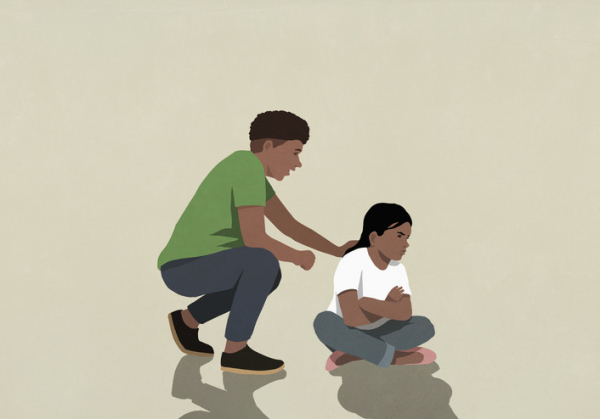
Parenting isn’t easy: Two important skills can help
They say that parenting is the greatest — and the most challenging — job that many of us will ever land. Life can be tough for kids too, especially when they go through emotionally trying times. What can parents do to help their kids manage episodes of anger, sadness, or anxiety triggered by school, siblings,…
-

Testosterone-blocking drugs boost heart disease risk when given in combination
Cancer treatment can involve difficult tradeoffs, and that's also true of the testosterone-blocking drugs used in treating prostate cancer. These drugs work in two different ways. Androgen deprivation therapies (ADT) shut down the body's production of testosterone, a hormone that fuels prostate cancer growth. A newer class of drugs called androgen-receptor signaling inhibitors (ARSIs) block…
-

Does sleeping with an eye mask improve learning and alertness?
All of us have an internal clock that regulates our circadian rhythms, including when we sleep and when we are awake. And light is the single most important factor that helps establish when we should feel wakeful (generally during the day) and when we should feel sleepy (typically at night). So, let me ask you…
-
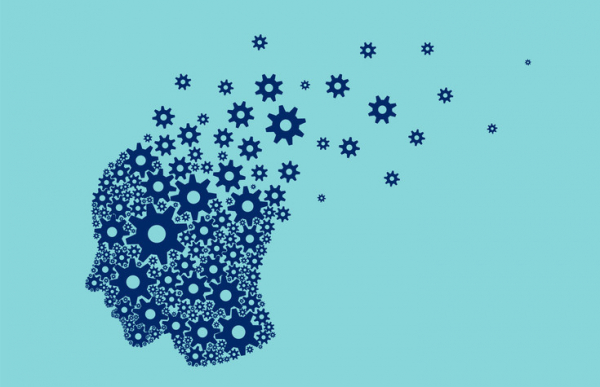
A fresh look at risks for developing young-onset dementia
Dementia usually develops in people ages 65 years and older. So-called young-onset dementia, occurring in those younger than age 65, is uncommon. Now, a new study published in December 2023 in JAMA Neurology has identified 15 factors linked to a higher risk of young-onset dementia. Let’s see what they found, and — most importantly —…